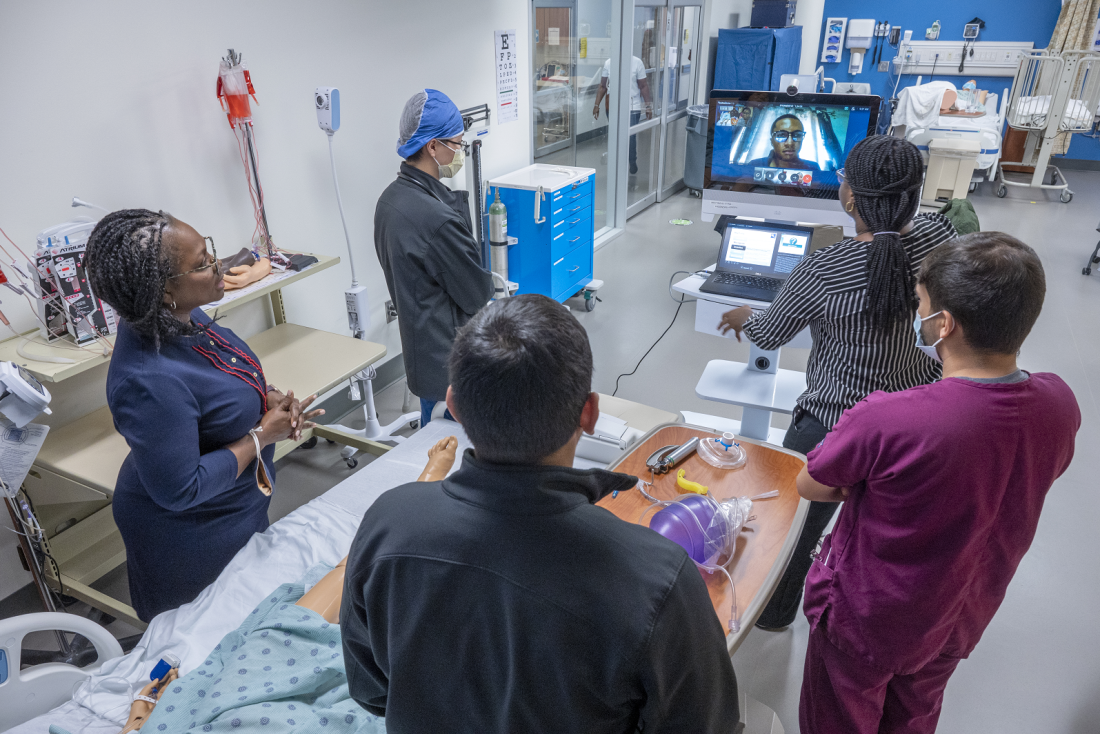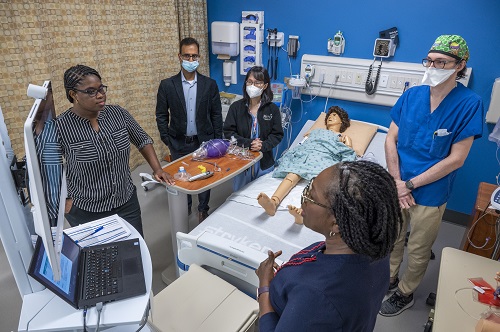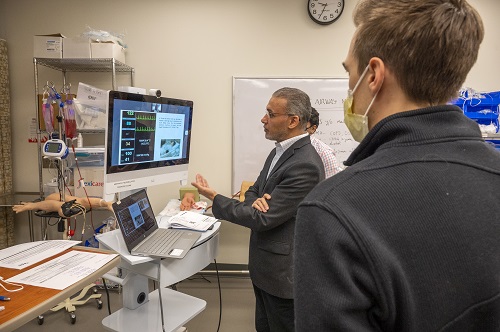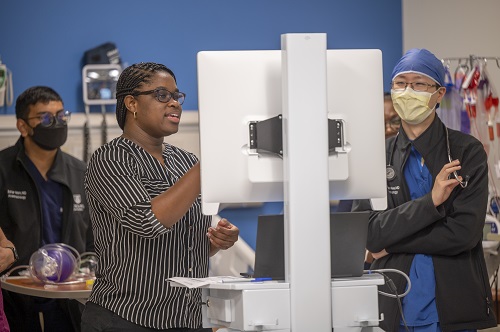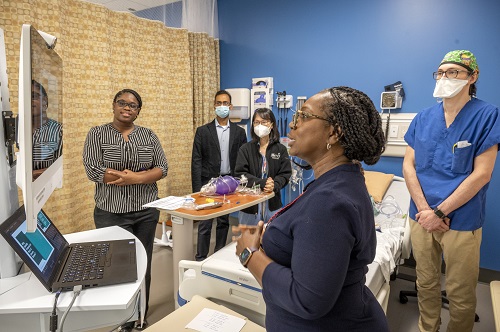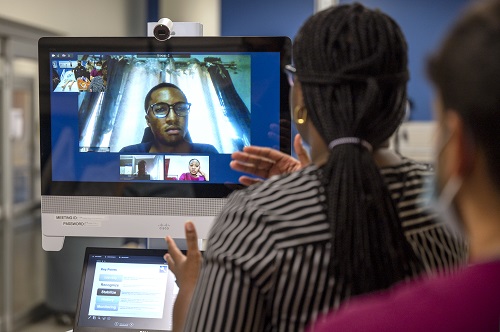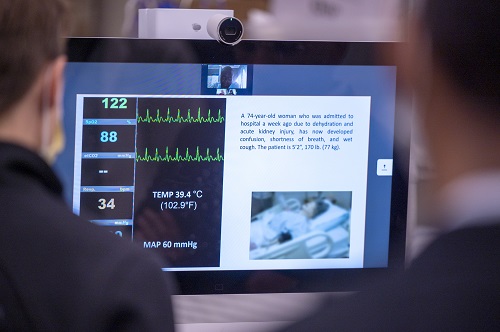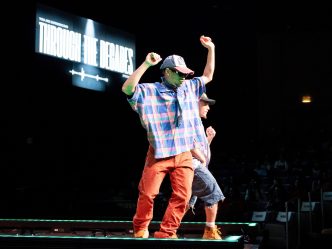Fundamental Critical Care Support at the Medical College of Georgia — a course which focuses on stabilizing patients within the first 24 hours of a critical medical issue — is giving local physicians a chance to train health care workers in underserved countries. Most recently, MCG offered virtual training for workers in Ghana.
Dr. Vikas Kumar, associate professor in anesthesiology and perioperative medicine, said the course has been offered for a few years, but the medical college was recently approached by the Society of Critical Care Medicine to offer the training worldwide in a virtual format.
“I took this as a great opportunity to expand,” said Kumar. “We did this course for Ghana a few months back, and then we also did it for Pakistan and Nigeria virtually.”
With the popularity of the course growing, more countries have reached out to the SCCM to receive training from MCG.
Nearly 50 health care workers in Ghana took part in the most recent sessions. To facilitate them, MCG used its simulation center in the J. Harold Harrison, M.D. Education Commons to provide “hands-on training” via proxy. They shared vital signs on the screen and used a mannequin so participants could see the results of their decisions in real time.
“That’s the beauty of the simulation center. We have a mannequin, and then one of us can become the hands of those participants. If they want to do something, one of our participants or students will do it. They won’t make the decision or think for them, they are just like the hands of a robot,” said Kumar. “On the monitor, we’re going to show the response of the action.”
The simulation shows participants when blood pressure or oxygen levels start to drop, fully immersing them in the intensity of the experience.
“They can feel the stress in the atmosphere that they need to do something and do something quickly,” he continued.
Kumar said not a lot of centers in the country offer courses like this where there is practical engagement — and he said it’s making a substantial difference.
“Normally when they participate in virtual skill stations, they’re responsible for applying the knowledge they learned from the FCCS module. Before participating in virtual skill stations, all learners are required to complete pre- and post-tests and online lectures,” added Kumar.
When COVID-19 hit, the demand for virtual training went up due to its many advantages. Mainly, it’s less expensive as there’s no travel involved. Also, participants of the virtual training can get a certificate from the SCCM, which boosts their credentials.
According to Kumar, there is a significant need for critical care training in resource-limited countries and MCG is fortunate to be able to provide services to remote international learners.
Kumar said this program is the top of its kind in Georgia and among the more unique in the nation, as it engages virtual students more than most other virtual trainings. At MCG, the instructors teach this course on their personal time for no additional compensation, and do it for the satisfaction of teaching underserved countries, Kumar said.
He stresses that pulling off this type of training is a team effort and he’s grateful to all the support provided by the medical college and the experts from different medical specialties who make it successful. He is hopeful he may be able to travel to those underserved countries to provide critical care training. In the meantime, they will continue the virtual training.
 Augusta University
Augusta University
